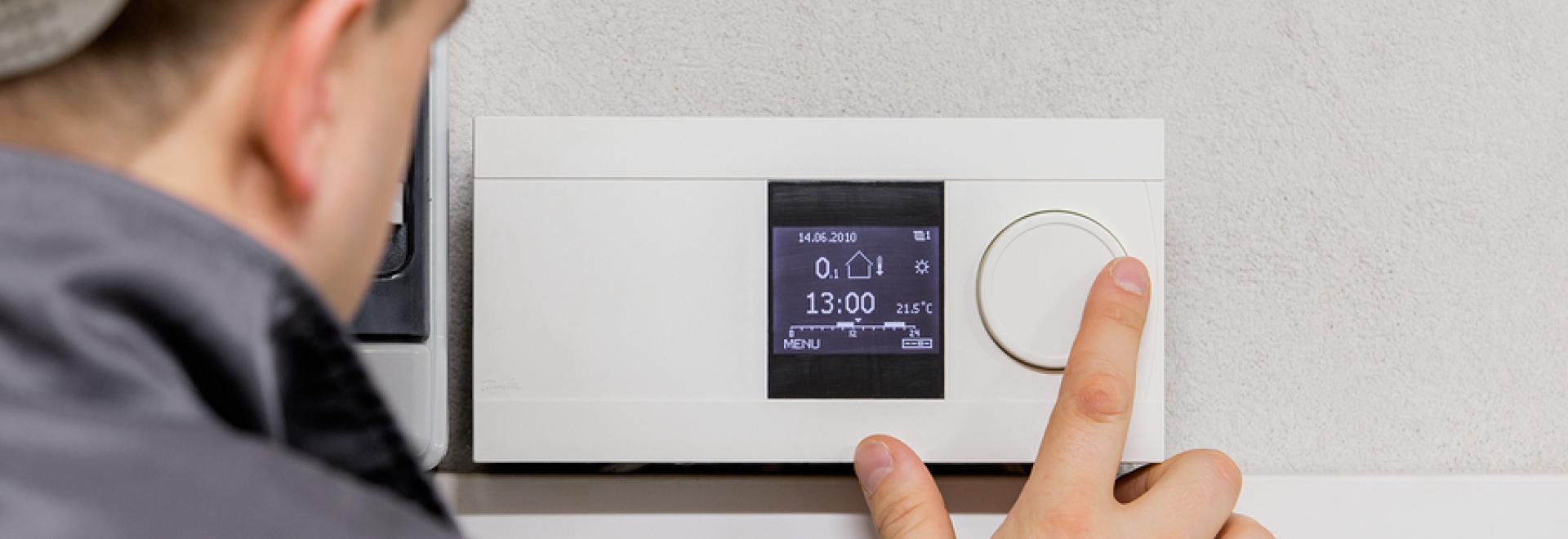
When your furnace or air conditioning system starts underperforming, you may wonder whether to repair, upgrade, or replace it altogether. Your decision often comes down to balancing the upfront cost of a new unit with ongoing maintenance and repairs. This guide will help you determine the best course of action for your HVAC system based on performance issues, efficiency, and cost-effectiveness.
Should You Upgrade, Repair, or Replace Your HVAC System?
Many HVAC issues don’t always mean you need a full replacement. In many cases, smaller improvements—such as duct sealing, humidity control, or better airflow balancing—can restore comfort and efficiency. However, in some situations, repairs or a full system replacement may be the smarter long-term investment.
Below, we’ll explore three HVAC solutions: system improvements, repairs, and full replacements, so you can make the right choice for your home.
Improve Your HVAC System with Duct Sealing, Humidity Control & Better Airflow
Sometimes, HVAC performance issues stem from air distribution problems, not the unit itself. Before committing to major repairs or a replacement, consider these cost-effective improvements:
Duct Sealing & Whole-Home Humidity Control
Your home is always dusty.
- Problem: Leaky ductwork can redistribute dust and airborne particles throughout your home.
- Solution: Professional duct sealing and cleaning prevents leaks and improves indoor air quality.
Your home feels too humid or too dry.
- Problem: Faulty HVAC components or leaky ducts can lead to improper humidity control.
- Solution: A whole-home dehumidifier or humidifier can help maintain balanced humidity levels year-round.
Fixing Bad Airflow: When HVAC Repairs Make Sense
Some rooms are too hot or too cold.
- Problem: Inconsistent airflow may be due to an imbalanced duct system.
- Solution: An airflow analysis and balancing service can help regulate temperatures between rooms.
Your energy bills are too high.
- Problem: Running your HVAC system all day wastes energy.
- Solution: Installing a recommended programmable thermostat helps optimize your system and reduce energy costs.
If these improvements don’t resolve your HVAC issues, repairs or a full system replacement may be the next step.
Fixing Bad Airflow: When HVAC Repairs Make Sense
If your HVAC system still underperforms after sealing ducts, improving airflow, and installing a programmable thermostat, repairs may be a viable solution. Consider repairing rather than replacing your unit if:
- Your HVAC system is still under warranty. Repairs may be covered at no cost.
- Your system’s age is within its expected lifespan. If your AC unit is under 10 years old or your furnace is under 15 years old, repairs may extend its life.
- The cost of repair is significantly less than a full replacement. A general rule is if repairs cost less than 50% of a new unit, repairing may be the better option.
When to Replace Your HVAC System for Better Comfort & Efficiency
If your HVAC system is outdated, inefficient, or requires frequent repairs, replacing it may be the more cost-effective long-term choice. Consider replacement if:
- Your AC unit or heat pump is over 10 years old. New systems provide higher efficiency, lower energy bills, and fewer repairs.
- Your furnace is over 15 years old. Older units often cost more to operate than newer, energy-efficient models.
- Frequent repairs are costing you too much. If you're constantly paying for HVAC service calls, investing in a new unit may be the better financial decision.
Maximize Energy Savings with a Recommended Programmable Thermostat
Installing a recommended programmable thermostat is an easy and affordable way to improve HVAC efficiency. With smart scheduling, you can:
✔ Automatically adjust temperatures when you’re away to save on energy costs.
✔ Ensure ideal comfort levels when you return home.
✔ Prevent unnecessary system wear and tear, extending your unit’s lifespan.
Need HVAC Service in Lawton, OK? Contact Us Today!
Whether you need duct sealing, a whole-house dehumidifier, improved airflow, HVAC repairs, or a full system replacement, Pippin Brothers is here to help!